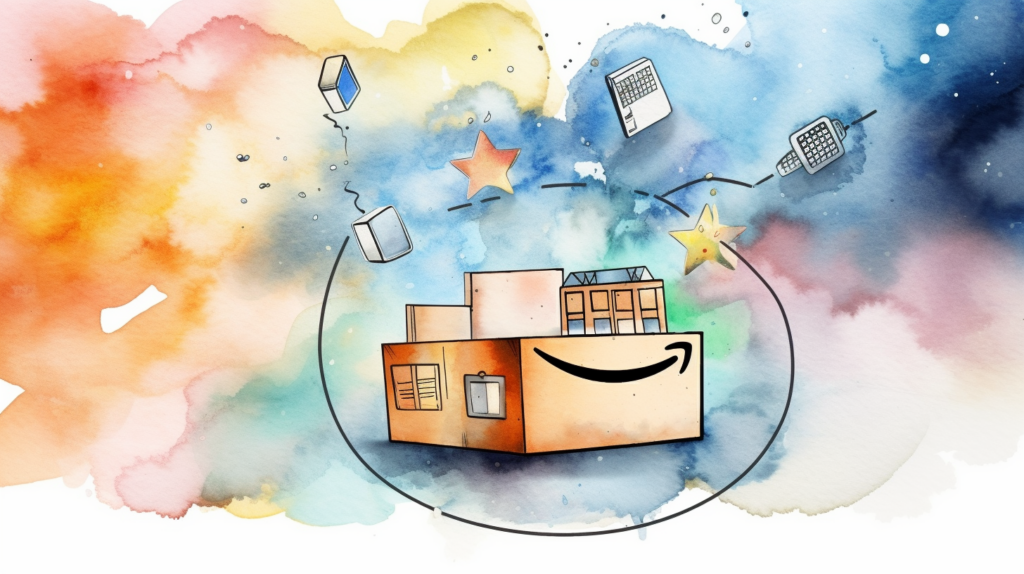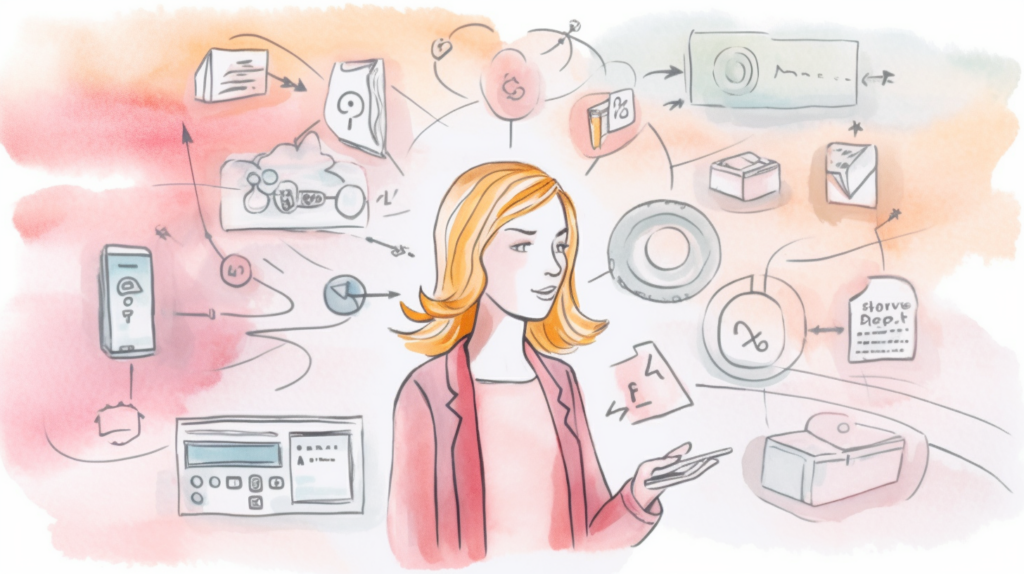Introduction
Customer service plays a critical role in the success of any e-commerce business. As customers increasingly expect quick and efficient support, AI-powered tools like ChatGPT are revolutionizing the way businesses handle customer service. In this article, we’ll explore the impact of ChatGPT on e-commerce customer service and discuss how businesses can harness this technology for improved support experiences.
The Rise of ChatGPT in E-commerce Customer Service
ChatGPT, developed by OpenAI, is an advanced language model designed to understand and generate human-like text. It has a wide range of applications, including customer support. By integrating ChatGPT into their customer service processes, e-commerce businesses can leverage the power of AI to provide quick, accurate, and personalized support to their customers.
Benefits of ChatGPT in E-commerce Customer Service
Faster response times: ChatGPT-powered chatbots can instantly respond to customer inquiries, reducing wait times and improving customer satisfaction.
24/7 support: With ChatGPT, e-commerce businesses can provide round-the-clock customer support, ensuring customers receive assistance whenever they need it.
Cost savings: Implementing ChatGPT can help businesses reduce customer service costs by automating routine tasks and inquiries, allowing human agents to focus on more complex issues.
Personalized support: ChatGPT can analyze customer data and previous interactions to provide personalized support tailored to each customer’s needs.
Multilingual capabilities: ChatGPT can be trained to understand and communicate in multiple languages, allowing businesses to provide customer support in their customers’ preferred language.
Implementing ChatGPT in Your E-commerce Customer Service Strategy
Here are some steps to help you integrate ChatGPT into your e-commerce customer service strategy:
Choose a ChatGPT platform: Several platforms offer ChatGPT integration for e-commerce businesses, such as Shopify, Salesforce, and Zendesk. Choose a platform that fits your business needs and budget.
Train the AI model: Customize and train the ChatGPT model to understand your business’s specific products, services, and support policies.
Set up chatbot workflows: Design chatbot workflows for common customer inquiries and tasks, such as order tracking, returns, and refunds.
Integrate with your customer service channels: Ensure your ChatGPT-powered chatbot is accessible across all your customer service channels, including email, social media, and live chat.
Monitor and optimize: Regularly review chatbot performance and customer feedback to make any necessary adjustments and improvements.
Conclusion
By integrating ChatGPT into your e-commerce customer service strategy, you can provide faster, more personalized support to your customers. In turn, this can lead to increased customer satisfaction, loyalty, and ultimately, higher revenue for your business. As AI technology continues to evolve, the future of e-commerce customer service will only become more efficient and customer-centric, with ChatGPT playing a significant role in its transformation.





